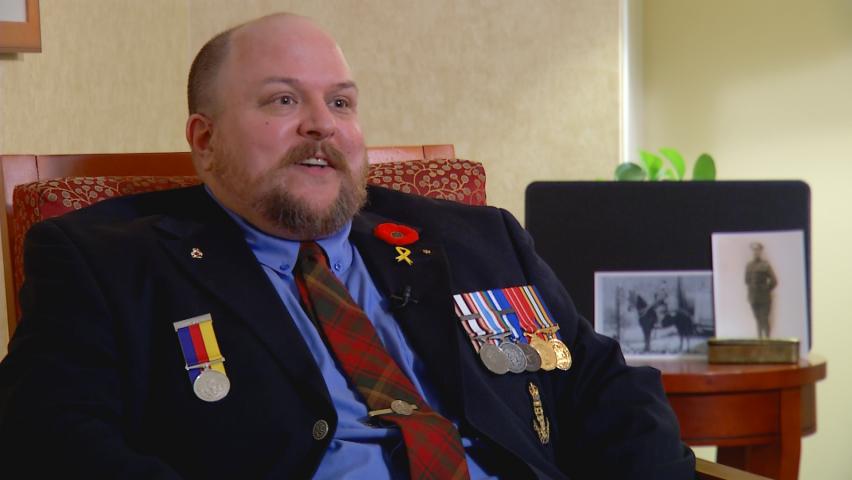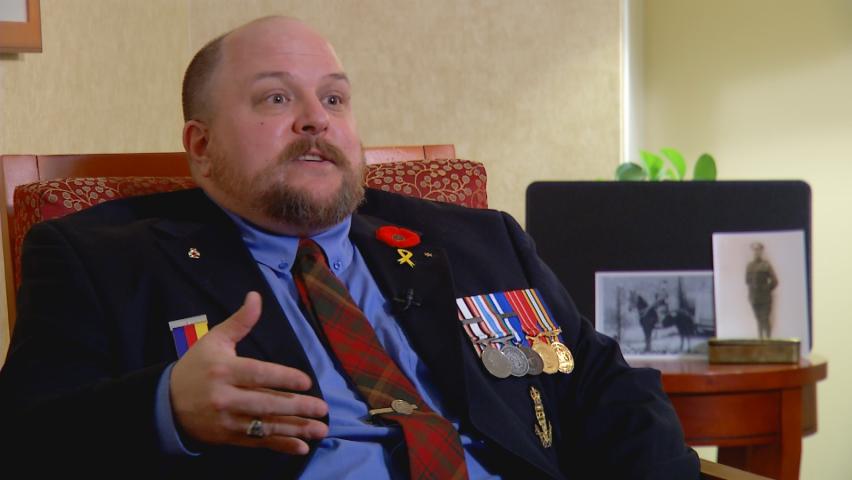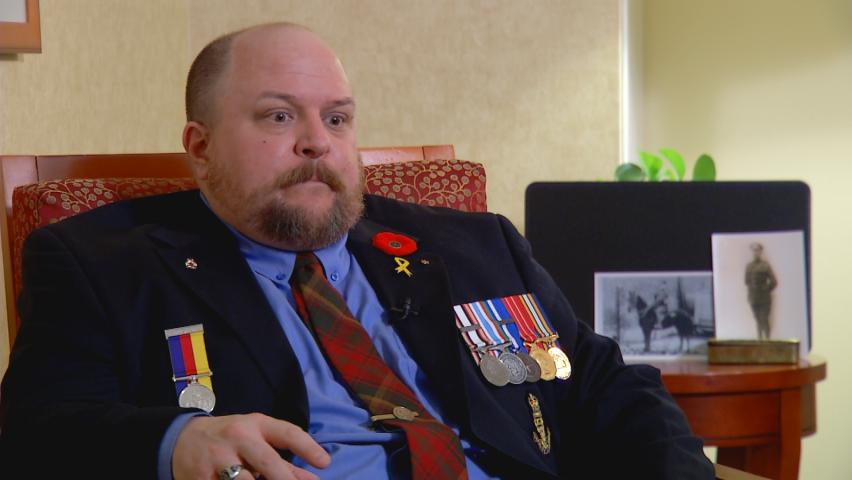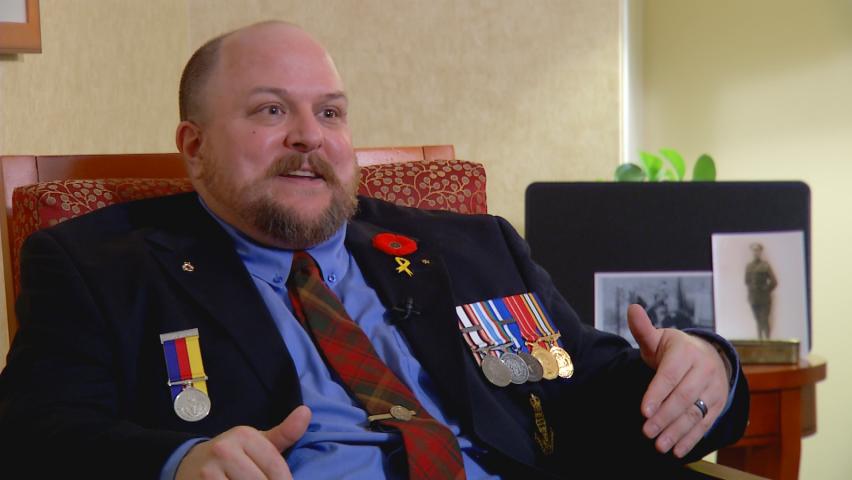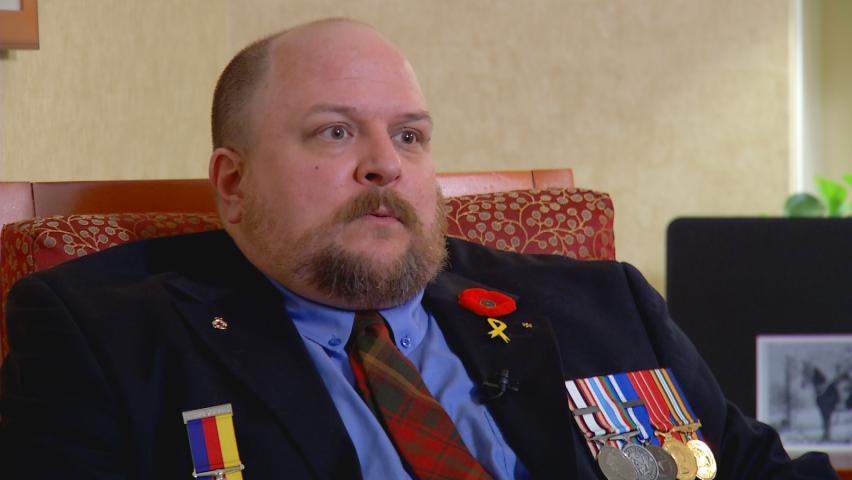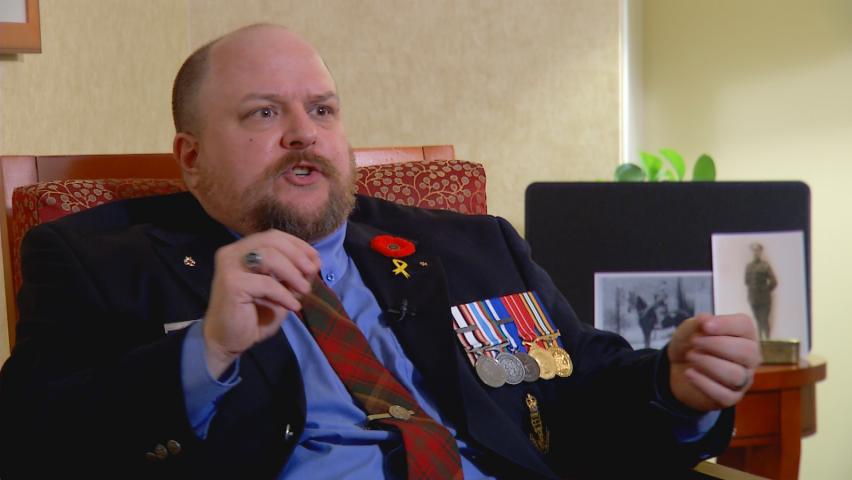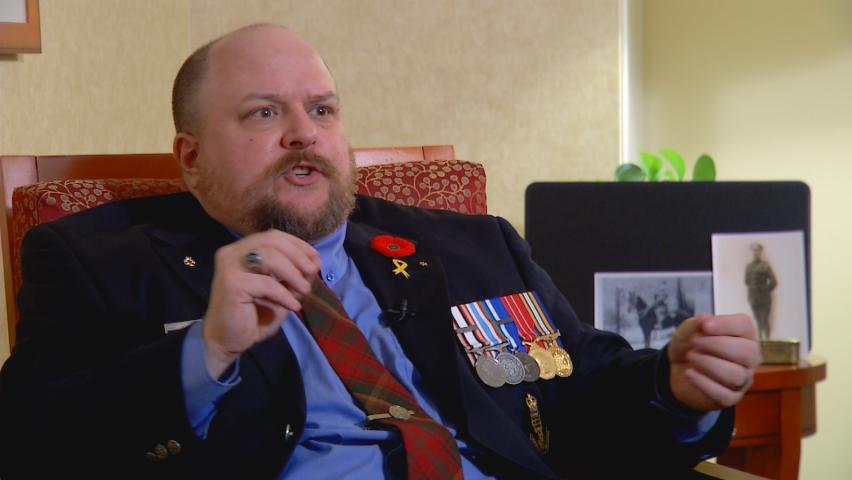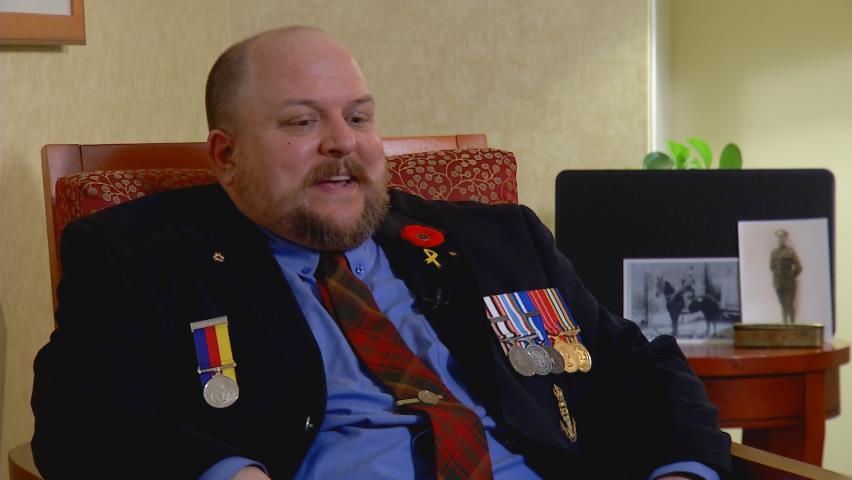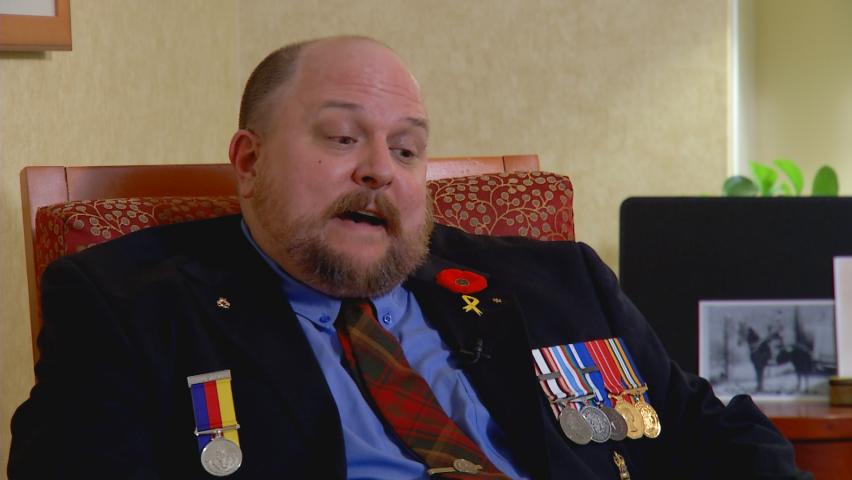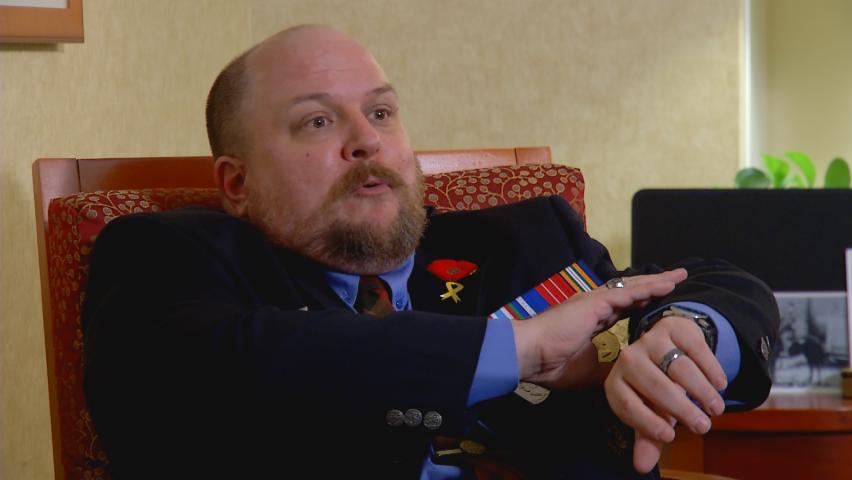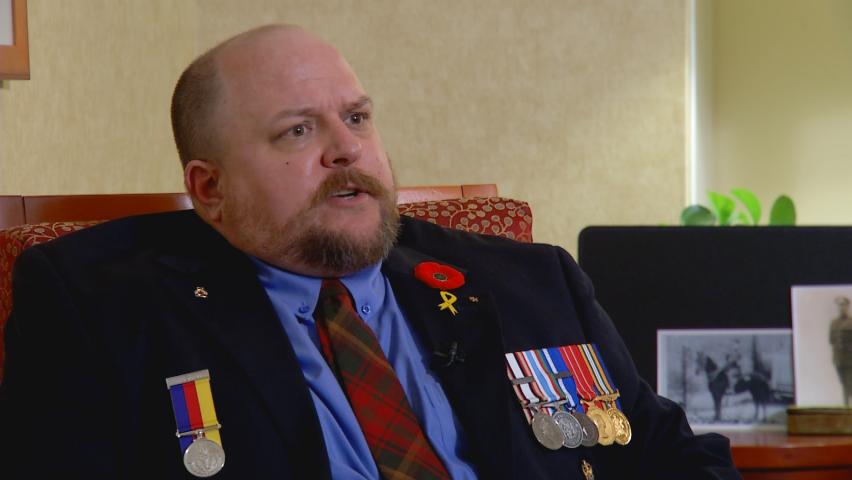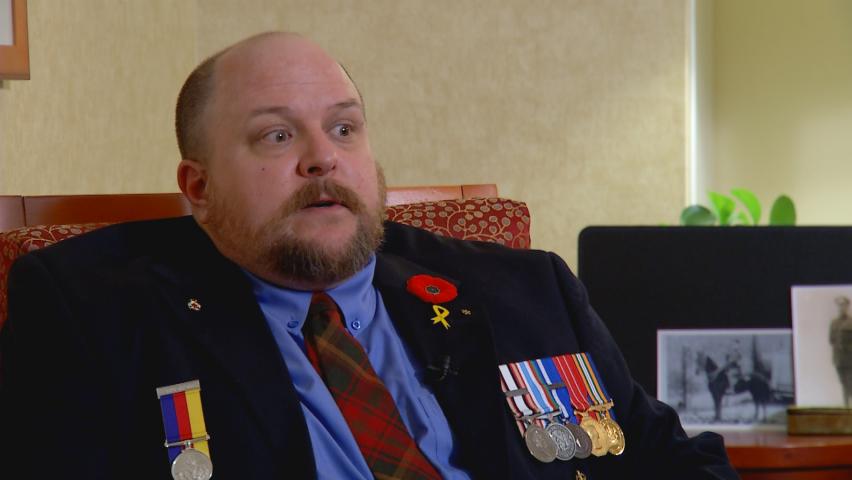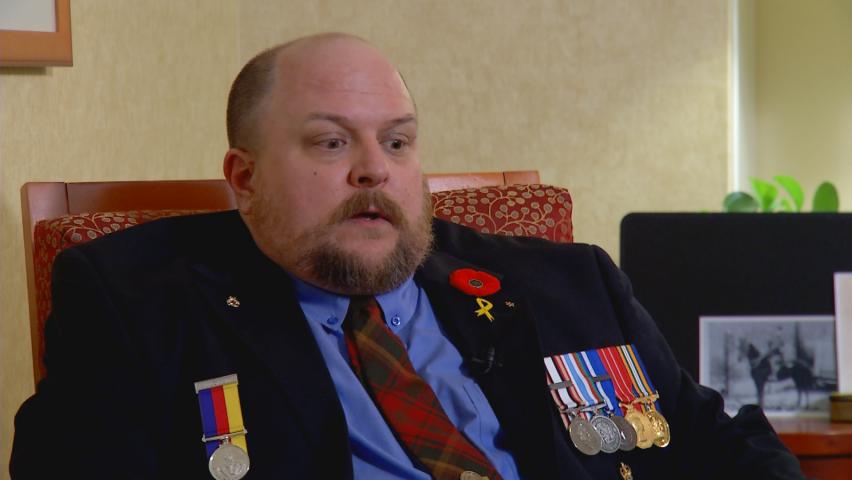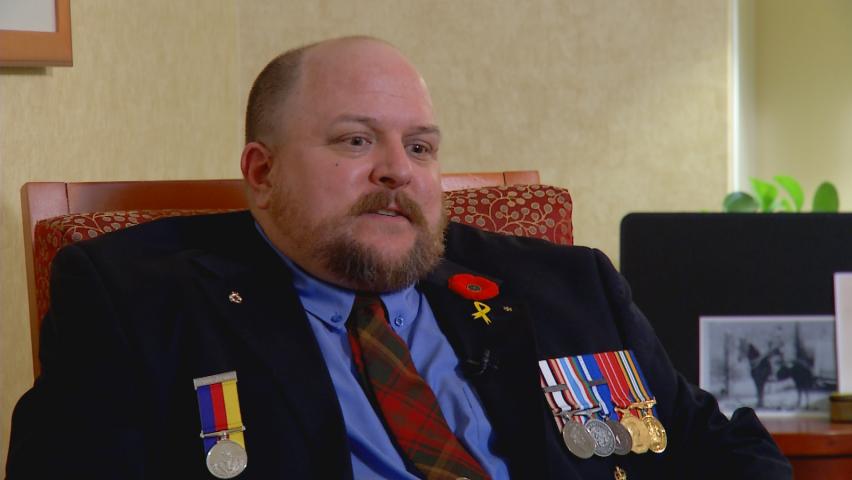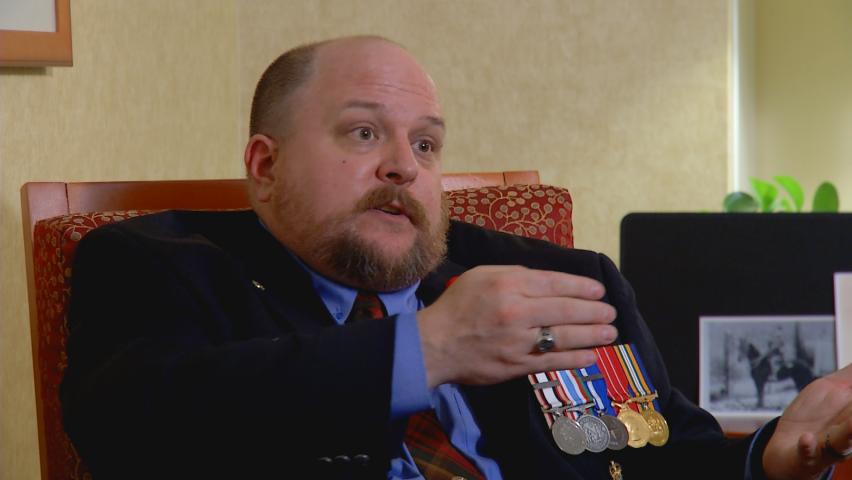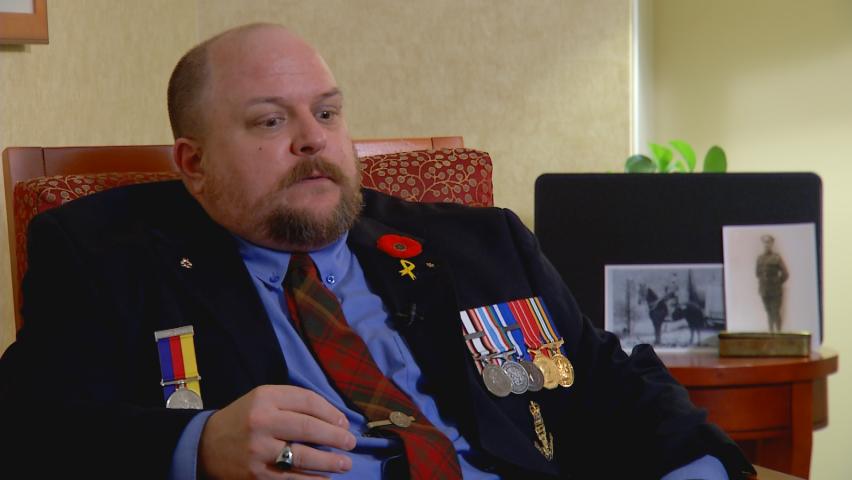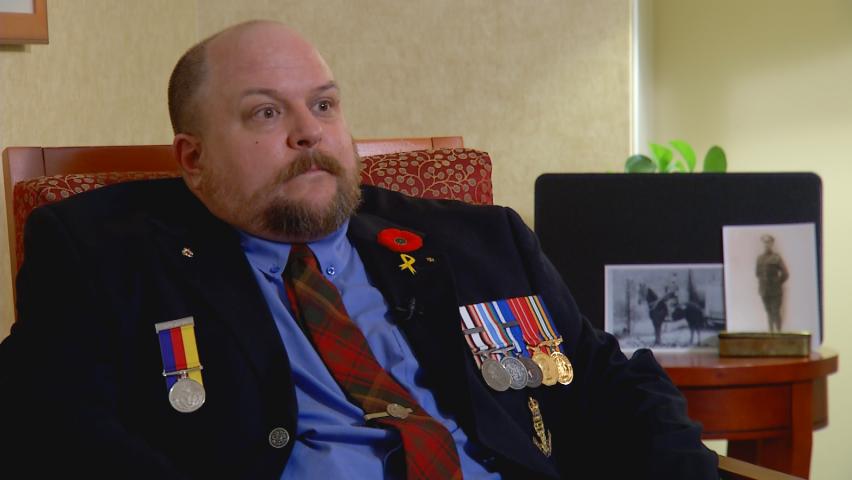Understanding the Bosnian Culture
Heroes Remember
Understanding the Bosnian Culture
Transcript
Description
Mr. McCue describes his first impressions of the Bosnian culture and understanding their needs and wants for everyday existence.
Robert McCue
Mr. Robert McCue was born August 22, 1972 in the city of Edmonton, Alberta. During his youth, he joined the air cadets and contributes this as a turning point towards a military career. Joining the Reserves, Mr. McCue became a part of the South Alberta Lighthorse Unit formerly known as the South Alberta Regiment. He accepted a deployment to Bosnia in 2003 as an infantry section commander, holding rank of sergeant. Later, he accepted a position with a newly developed unit, PSYOPS and deployed to Afghanistan in 2006. During this time Mr. McCue worked for Canada Post. Having a strong interest in military history and respecting the contributions made by his grandfather during WWI, Mr. McCue had the opportunity to travel as part of the delegation to Vimy in celebration of the 100th anniversary, an honour he will cherish for a lifetime. Mr. McCue presently resides in Edmonton, Alberta with his family.
Meta Data
- Medium:
- Video
- Owner:
- Veterans Affairs Canada
- Recorded:
- April 3, 2017
- Duration:
- 3:24
- Person Interviewed:
- Robert McCue
- War, Conflict or Mission:
- Canadian Armed Forces
- Location/Theatre:
- Bosnia
- Battle/Campaign:
- Bosnia
- Branch:
- Army
- Units/Ship:
- Princess Patricia's Canadian Light Infantry (PPCLI)
- Rank:
- Sergeant
Related Videos
- Date modified:



